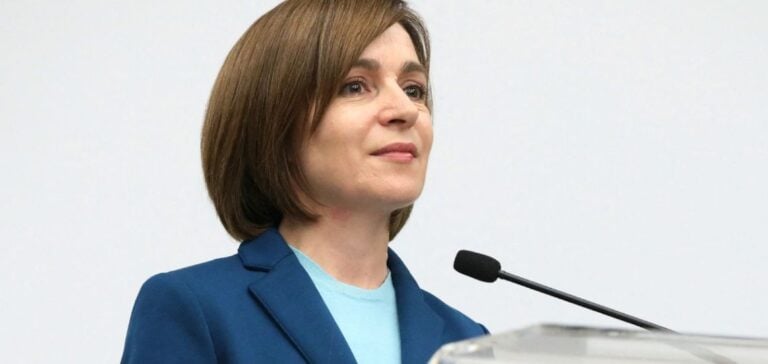The re-election of Maia Sandu, with 55.33% of the votes during the second round of the presidential election, reaffirms Moldova’s pro-European positioning. Against Alexandr Stoianoglo, her pro-Russian opponent who garnered 44.67% of the votes, Maia Sandu represents a political direction oriented towards the European Union, despite energy instability and regional geopolitical tensions.
An election under close scrutiny
The election was marked by numerous accusations of external interference, including cyberattacks and alleged vote-buying attributed to pro-Russian actors. These destabilization attempts did not prevent Maia Sandu from securing a clear victory, supported by strong voter turnout in urban areas and among the diaspora. However, rural and autonomous regions, such as Transnistria and Gagauzia, remain rooted in a pro-Russian dynamic, reflecting persistent internal divisions.
A critical energy dependency
Moldova’s energy dependency poses a significant strategic challenge. The country sources 70% of its electricity from the Cuciurgan thermal power plant located in Transnistria, a region under pro-Russian control. Uncertainty over gas supplies has increased following Ukraine’s announcement not to renew the gas transit agreement.
The Moldovan government has directly accused Gazprom of blocking any attempt to secure alternative supply routes. Maia Sandu, while alerting to the scale of the crisis, has intensified calls for concrete and immediate assistance from the European Union to mitigate the impact of this critical dependency.
European prospects and challenges
Since the opening of accession negotiations with the European Union in June, Moldova has stepped up efforts to align with community standards. However, the path remains complex, with geopolitical and economic tensions persisting as major obstacles.
Maia Sandu will also need to consolidate national unity in the face of regional disparities and internal skepticism about European integration. These challenges demand deep reforms and resilient governance to maintain stability and accelerate the accession process.






















